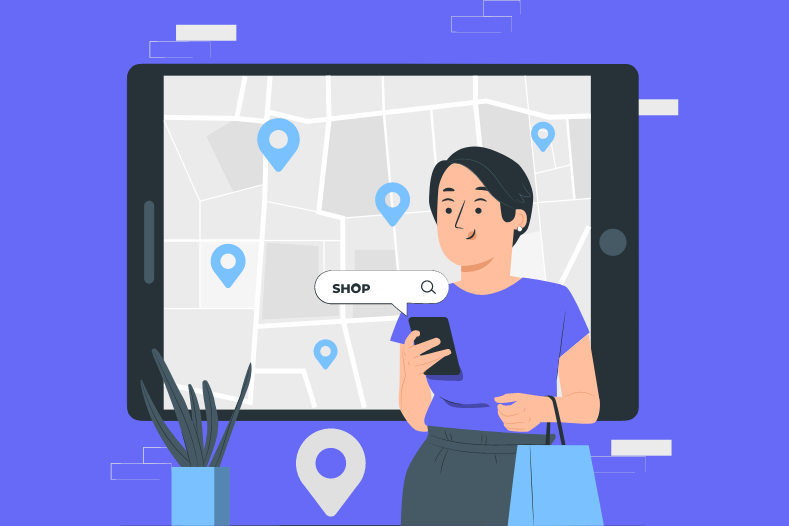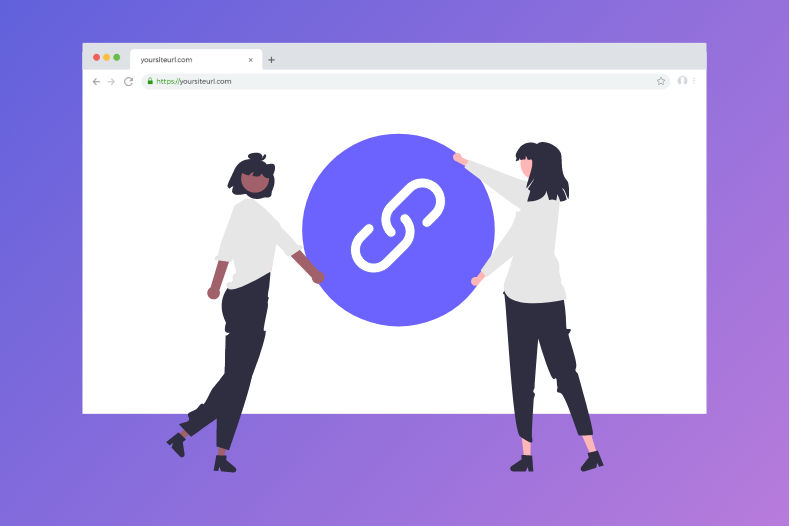UX Optimization: Understanding how people use your website

UX Optimization: Understanding how people use your website Ever wondered why some websites are just easier and feel better to use? Welcome to one of our stage one steps on our SEO roadmap: UX Optimization. No tech jargon here, just simple explanations. Our user experience optimization solutions are all about making your website easy and […]
How a Google My Business Profile can help you be found online

How a Google My Business Profile can help you be found online If you’re not found on Google Maps, you might as well be invisible. So, where do you start? Imagine your business as a hidden gem in a super crowded, huge city. You know it’s a fantastic place, but how do you make sure […]
What is link building & how does it work?

What is link building & how does it work? Link building is an integral part of our SEO marketing roadmap, and here’s why. Think of links as votes of confidence for your website. The more websites Google sees in your business, the more reputable your business is, which results in higher rankings. Search engines, especially […]








